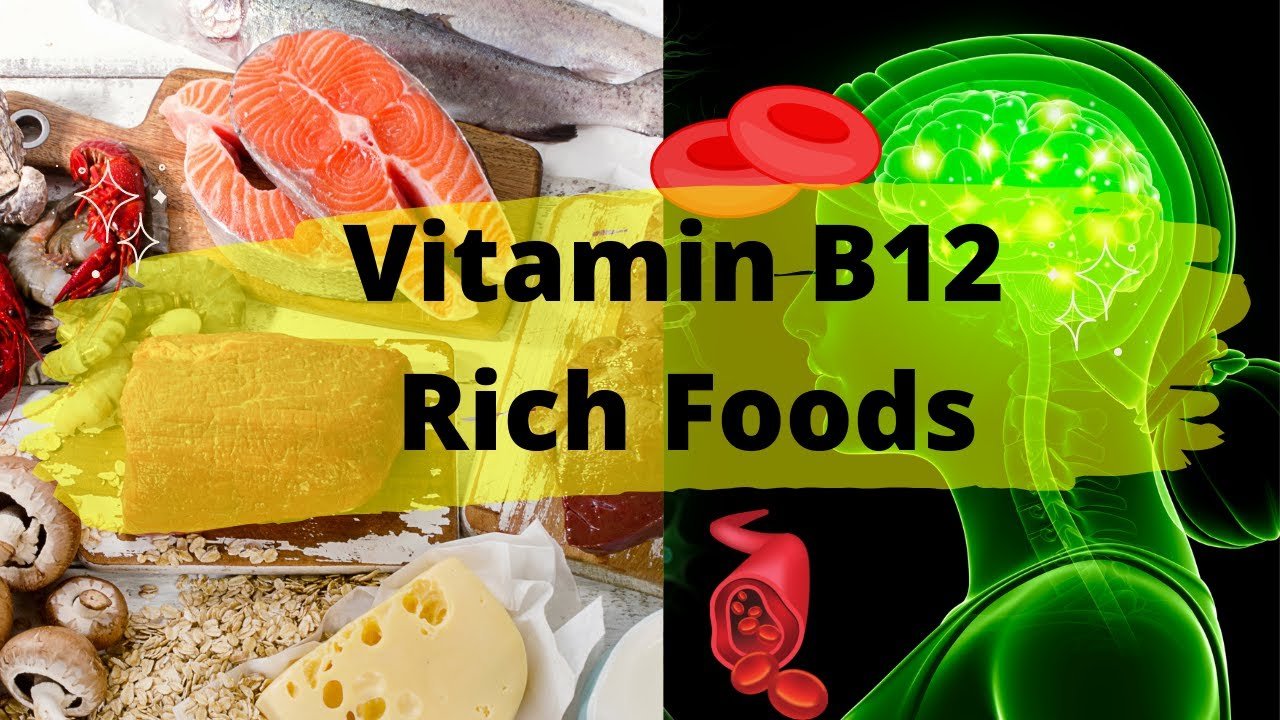8 Foods That Can Help Boost Low Vitamin B Levels
Vitamin B is a crucial group of nutrients that play vital roles in energy production, brain function, and cell metabolism. A deficiency in vitamin B can lead to a variety of health issues, including fatigue, anemia, and neurological problems. Fortunately, incorporating certain foods into your diet can help you maintain optimal vitamin B levels. Here are eight nutrient-packed foods that can help compensate for low vitamin B levels:
Leafy Greens
Leafy greens such as spinach, kale, and Swiss chard are rich in several B vitamins, including folate (B9). Folate is essential for DNA synthesis, red blood cell formation, and proper neural function. A diet high in these greens can help meet your folate needs and contribute to overall well-being.
Whole Grains
Whole grains like brown rice, quinoa, and oats are excellent sources of B vitamins, particularly B1 (thiamine), B3 (niacin), and B6 (pyridoxine). These nutrients are crucial for energy metabolism, nerve function, and maintaining healthy skin. Opt for whole grain options instead of refined grains to maximize your intake.
Eggs
Eggs are a versatile food rich in B vitamins, especially B12 (cobalamin) and B7 (biotin). Vitamin B12 is vital for nerve health and red blood cell production, while biotin supports metabolism and hair health. Including eggs in your diet can help ensure you’re getting enough of these essential nutrients.
Lean Meats
Lean meats such as chicken, turkey, and pork are excellent sources of B vitamins, particularly B12, B6, and B3. These vitamins are important for energy production, brain function, and maintaining a healthy nervous system. Opting for lean cuts can help you get these nutrients without excessive saturated fat.
Fish and Seafood
Fish like salmon, trout, and tuna are rich in B vitamins, including B12, B6, and B3. Salmon, in particular, provides a significant amount of B12, which is crucial for neurological function and red blood cell production. Incorporating fish into your diet can provide a robust source of these important vitamins.
Legumes
Legumes such as lentils, chickpeas, and black beans are rich in folate and B6. Folate supports cell division and red blood cell formation, while B6 is essential for brain health and metabolism. These plant-based protein sources are excellent for boosting your vitamin B intake.
Nuts and Seeds
Nuts and seeds, including almonds, sunflower seeds, and flaxseeds, are good sources of B vitamins, particularly B6 and B7. They also provide healthy fats and protein, making them a great addition to a balanced diet. Snacking on a handful of nuts or adding seeds to your meals can help support your vitamin B levels.
Dairy Products
Dairy products such as milk, cheese, and yogurt are rich in B12, riboflavin (B2), and pantothenic acid (B5). Vitamin B12 is essential for nerve function and red blood cell formation, while riboflavin and pantothenic acid play roles in energy production and metabolic processes. Including dairy in your diet can help you meet your B vitamin needs.
Tips for Maximizing Vitamin B Intake
To make the most of these vitamin B-rich foods, consider these tips:
- Diversify Your Diet: Incorporate a variety of these foods into your meals to ensure you’re getting a broad spectrum of B vitamins.
- Cook Wisely: Some B vitamins are sensitive to heat and can be lost during cooking. Opt for steaming or grilling rather than boiling to preserve these nutrients.
- Check for Deficiencies: If you’re experiencing symptoms of a vitamin B deficiency, such as fatigue or numbness, consult a healthcare professional for personalized advice and possible supplementation.
By including these nutrient-dense foods in your diet, you can help support your vitamin B levels and promote overall health.
